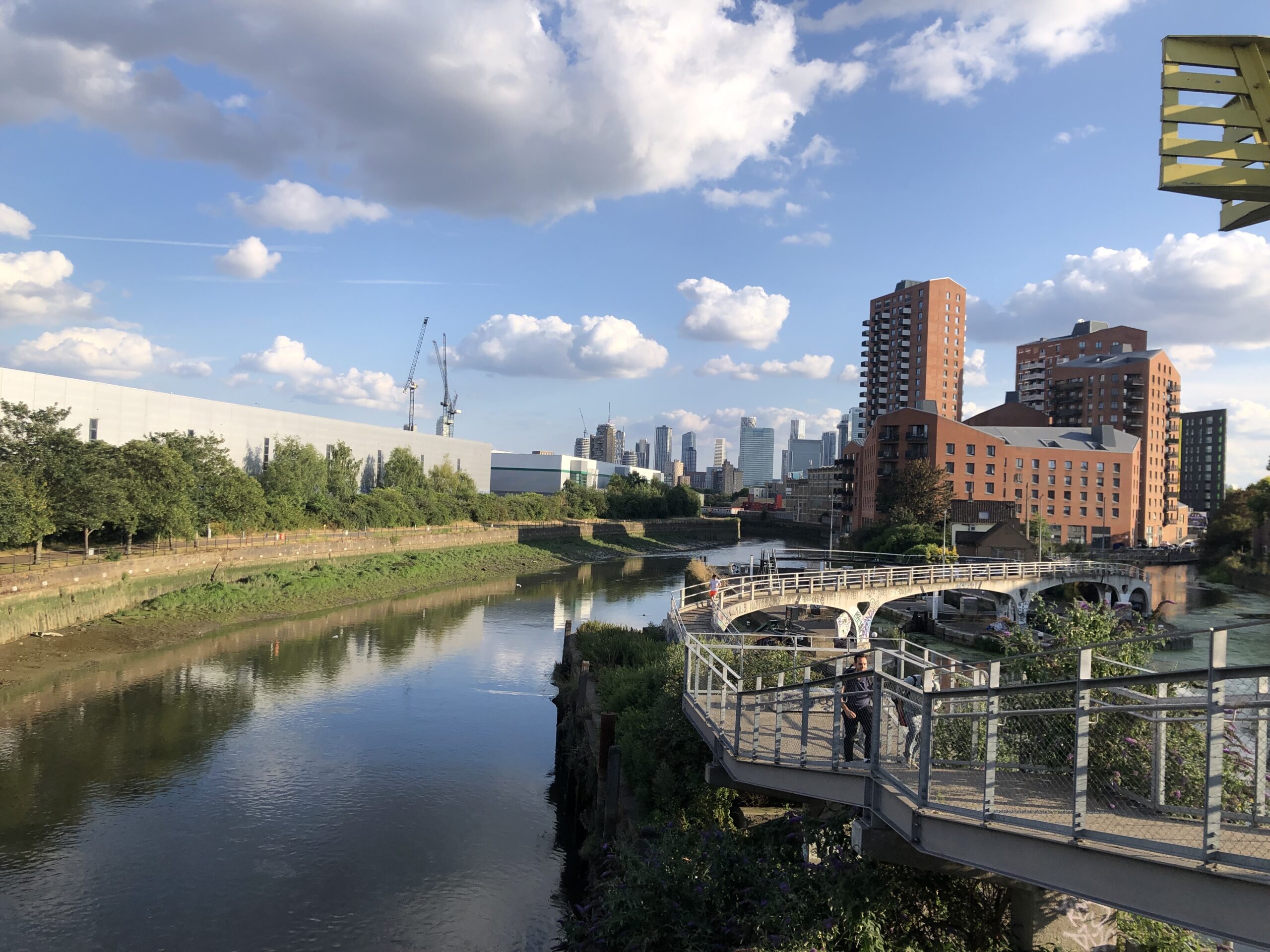Having accessible knowledge and data to understand our environment around us can contribute to prosperity. Decision makers need the best quality data to make decisions. Citizen science is an approach that can assist with generating locally relevant knowledge and data from different perspectives rather than just top down official statistics. Citizen science involves the active participation of the public in research. This means not only data collection but also in formulating initiatives and questions to focus on, as well as potentially in data analysis, dissemination, awareness raising and action on particular issues.

Citizen science projects can be initiated with a range of goals and outcomes in mind. For example, across the three cohorts of projects supported during the IMPETUS accelerator programme to kickstart new citizen science initiatives across Europe, there are numerous projects focused on generating insights about the prosperity of different rivers and water bodies across Europe. There are so many different types of relevant data to understand the prosperity of the river – from official statistics on water quality, to biodiversity data about the species along the Lea’s banks, to data about those living on the water (both boaters and non-human species) and even sound data to listen to the health of the river.
As part of the IMPETUS programme and specifically for London Data Week, we organised a data walk focused on monitoring river health from different perspectives in collaboration with the UCL Citizen Science Academy. Bringing together those interested in exploring what makes for a prosperous and healthy river to walk along the banks of the River Lea, we set out to explore different types of data used for monitoring river health, and to reflect on some questions: What does a healthy river mean to you? Who are we monitoring for? Why are we monitoring river health?

Details of the route and stopping points:
- 3 Mills Green – Brief introduction from IMPETUS and the UCL CS Academy
- Long wall Ecological Garden – Surge Coop introduction to their work and the River Rights Movement
- Cody Dock – Introduction to citizen science monitoring at Cody Dock
As with citizen science, it’s about so much more than just data. Citizen science contributes to the health of the river by bringing people together to do research together. This involves learning from non-human agents too!. There is a growing movement globally to recognise the rights of nature and this trend has finally reached the UK. In February 2025, Lewes District Council adopted a decision to support the principles of a Rights of River Charter for the River Ouse, in Sussex. The River Rights movement seeks to grant rivers their own rights such as to be free from pollution, free to move and flow, and free to be home to different species, amongst other rights.
Lots of citizen science initiatives generate large volumes of data about particular bodies of water, including the River Lea. But we need to think through how to make the data meaningful. Citizen science can do this, in the way it helps to build trust, strengthen relationships and transform the way we collaborate, by enrolling different members of the public in doing research and answering these questions together. Citizen science is a crucial approach to presenting diverse perspectives, different types of knowledge and to raise questions about whose data counts.


